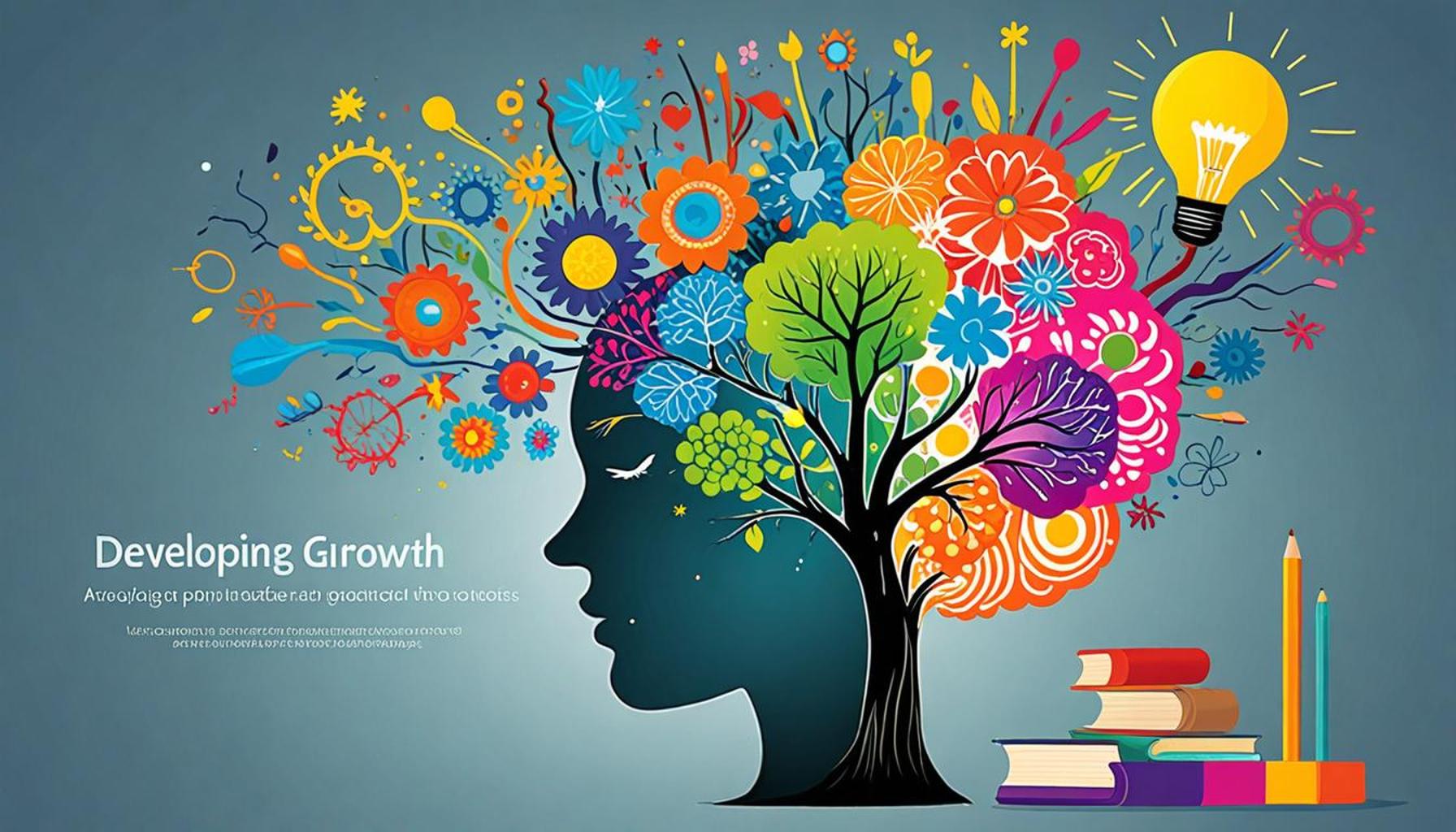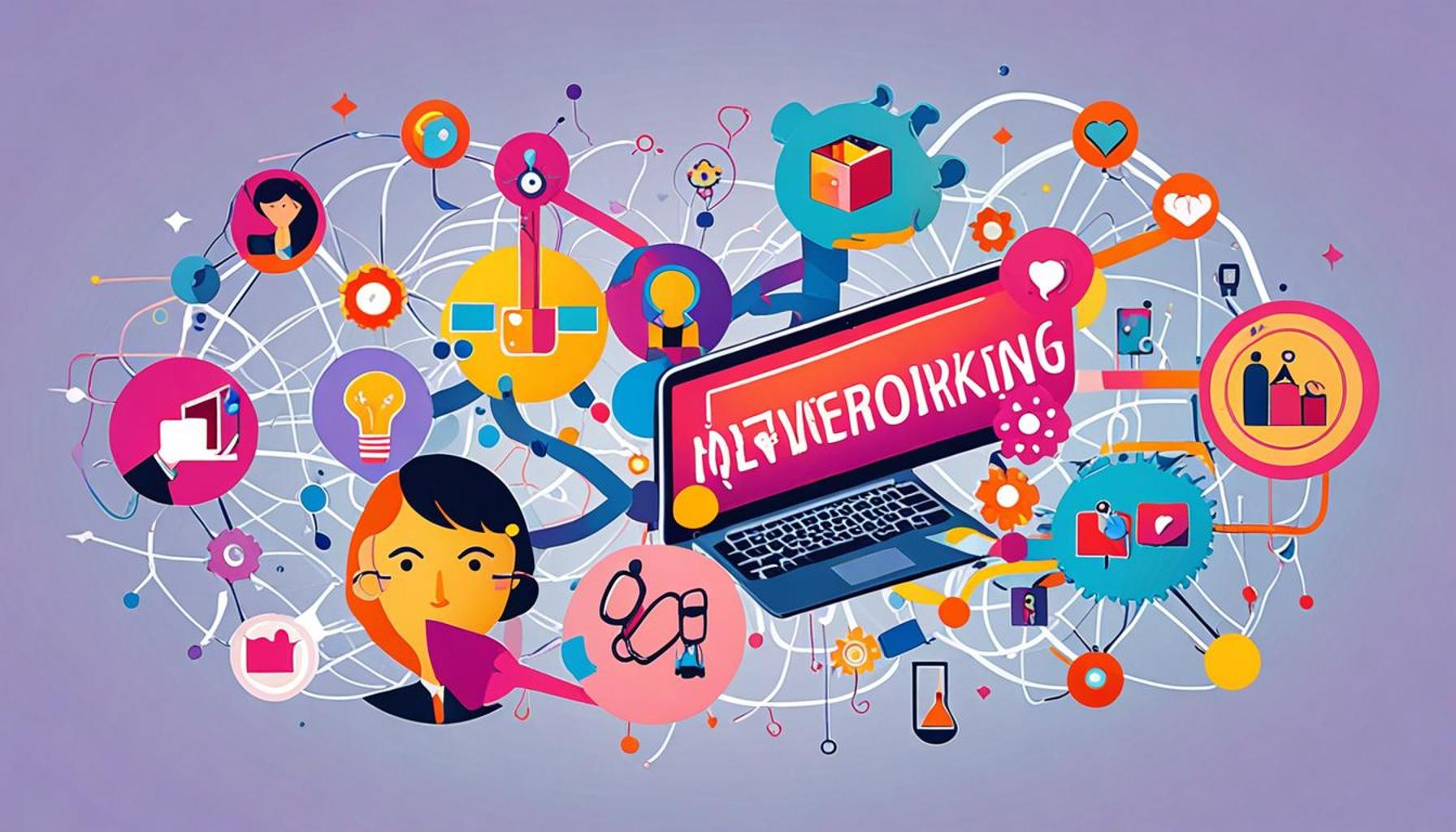The Influence of Reflective Practice on Self-Efficacy and Personal Self-Assessment

Understanding Reflective Practice and Its Influence on Growth
Reflective practice serves as an essential framework that allows individuals to critically evaluate their actions and the resulting impacts. This introspective approach not only helps in assessing decisions and outcomes but also catalyzes personal and professional growth. As the landscape of education and employment in Nigeria continues to evolve, the need for effective self-assessment and self-efficacy becomes paramount.
One of the primary advantages of reflective practice is improved decision making. For instance, when educators in Nigeria analyze the outcomes of their teaching methods, they might discover patterns that inform better strategies in the classroom. This iterative process of reflection encourages them to incorporate innovative techniques, tailoring their approach to meet the diverse needs of their students and enhance overall engagement.
Moreover, reflection fosters heightened awareness of one’s own skills and limitations. By regularly assessing their performance, individuals can identify areas for growth. A bank manager, for example, may reflect on their leadership style by considering feedback from team members, leading to adjustments that foster a more collaborative environment and ultimately boost team morale and productivity.
Another significant benefit of engaging in reflective practice is the increased motivation it often inspires. As individuals assess their progress, they may find renewed energy to pursue their goals. This is particularly vital in the competitive Nigerian job market, where aspiring professionals face numerous challenges. By reviewing past experiences and celebrating small successes, they can sustain momentum towards larger aspirations, such as securing a position in a coveted multinational corporation.
In Nigeria’s educational context, the role of reflective practice extends across various stakeholders. Teachers frequently apply reflective practices to enhance their instructional methods. Through peer evaluations and personal reflections on lesson delivery, they can pinpoint successful strategies and areas needing improvement.

Students also benefit from self-reflection. By assessing their learning methods, they may discover more effective study techniques or identify when they require additional help, helping to bolster academic performance. Additionally, professionals in sectors such as healthcare and business utilize reflective techniques not just to boost performance, but also to convey their insights to colleagues, fostering a culture of continuous improvement.
In this article, we will delve deeper into how reflective practice enriches self-efficacy and enhances personal evaluations of one’s abilities. By exploring practical tools and strategies, readers will learn how to incorporate reflection into daily routines effectively, ultimately leading to a more fulfilling personal and professional journey.
YOU MAY ALSO LIKE: Read read another article
The Role of Reflective Practice in Enhancing Self-Efficacy
Self-efficacy, defined as an individual’s belief in their capability to execute behaviors necessary to produce specific performance attainments, plays a crucial role in education and professional success. Reflective practice serves as a cornerstone for bolstering this self-efficacy, providing individuals with the opportunity to examine their experiences, learn from them, and make informed changes to their approach. As individuals in Nigeria aim for career advancement and personal growth, understanding the nuances of reflective practice can be transformative.
One way in which reflective practice enhances self-efficacy is through the development of self-awareness. This awareness allows individuals to accurately assess their strengths and weaknesses. For instance, a trainee teacher in Lagos might regularly review their lesson plans and delivery methods. Through reflection, they may realize that their strength lies in engaging students during discussions but that they struggle with classroom management. This realization empowers them to seek professional development opportunities or peer mentoring to improve their skills in that area, thereby enhancing their overall confidence in their teaching abilities.
Moreover, reflective practice fosters a strong sense of ownership over personal progress. It encourages individuals to be proactive in addressing their challenges and pursuing their development. For example, in the bustling tech industry of Abuja, software developers often engage in reflective practices to evaluate the efficacy of their coding techniques. By assessing past projects and identifying areas for innovation, these developers not only improve their skills but also cultivate a robust belief in their capacity to produce high-quality work.
The iterative nature of reflection also plays a crucial role in building resilience. By routinely evaluating their responses to setbacks and challenges, individuals learn to approach difficulties as learning experiences rather than insurmountable barriers. This mindset is especially relevant in Nigeria’s highly competitive job market, where candidates frequently encounter rejections and challenges. A recent university graduate, for example, can benefit from reflecting on their interviews to understand what went wrong and adapt their approach for future opportunities. This shift not only boosts their self-efficacy but also prepares them for the realities of the job market.
Incorporating reflective practice into daily routines can also be beneficial. Here are some practical strategies individuals can use to enhance their self-efficacy and self-assessment through reflection:
- Daily Journaling: Writing about daily experiences and feelings helps individuals articulate their thoughts and evaluate their decision-making processes.
- Peer Feedback: Engaging in discussions with colleagues or mentors can provide diverse perspectives and contribute to a deeper understanding of one’s performance.
- Setting SMART Goals: Establishing Specific, Measurable, Achievable, Relevant, and Time-bound goals allows individuals to clarify objectives and monitor progress, leading to enhanced self-assessment.
- Regular Self-Assessment: Periodically evaluating personal progress against set goals can illuminate areas of strength and improvement, reinforcing a sense of achievement.
In summary, reflective practice is a powerful tool for enhancing self-efficacy in individuals across various sectors in Nigeria. By developing self-awareness, embracing ownership of progress, and cultivating resilience through reflection, individuals can transform their experiences into stepping stones toward greater personal and professional success.
| Category | Description |
|---|---|
| Reflective Practice | A systematic approach to self-evaluation and analysis of experiences. |
| Self-Efficacy Enhancement | Increased belief in one’s ability to execute tasks and achieve goals. |
| Personal Self-Assessment | Improved awareness of strengths and weaknesses leading to self-improvement. |
| Continuous Learning | Ongoing process fostering lifelong development and skills enhancement. |
Reflective practice serves as a crucial tool in enhancing self-efficacy and improving personal self-assessment. By engaging in reflective activities, individuals can evaluate their experiences, leading to a deeper understanding of their actions. This process not only bolsters their confidence but also encourages the pursuit of continuous learning, enabling them to tackle challenges more effectively. Moreover, the act of self-assessment allows people to identify their strengths and weaknesses, providing a clear pathway to personal growth. Continuous reflection encourages individuals to adapt and evolve in response to experiences, which is paramount in today’s fast-paced world. As these skills develop, they significantly contribute to overall self-improvement, making reflection a fundamental practice in personal and professional contexts.
SEE ALSO: Click here to read another article
Reflective Practice and its Impact on Personal Self-Assessment
Personal self-assessment is a critical component in cultivating a productive learning environment, and reflective practice significantly influences this process. When individuals take the time to consciously reflect on their experiences, they not only enhance their self-efficacy but also sharpen their ability to conduct meaningful self-assessments. In Nigeria, where the pursuit of self-improvement is paramount, understanding how reflective practice enhances personal self-assessment can lead to greater opportunities in both personal and professional realms.
At the core of personal self-assessment is the ability to form a realistic and objective view of one’s abilities and achievements. Reflective practice enables individuals to create a consistent framework for evaluating their performance. For instance, a nurse in a bustling Lagos hospital might reflect on their patient interactions, assessing what worked well and what could be improved. By routinely analyzing these encounters, they gain insights into their communication skills and bedside manner, leading to improved patient care and greater self-assurance in their capabilities.
Beyond individual tasks, reflective practice allows professionals to see patterns in their work habits and outcomes. A marketer in Abuja, for example, might employ reflective techniques to assess the effectiveness of their campaigns. By revisiting past projects, they can identify strategies that led to successful customer engagement while also pinpointing missteps that could be rectified in future campaigns. This reflective assessment fosters a growth mindset, where they see challenges as opportunities for learning rather than failures.
Additionally, reflective practice supports the development of critical thinking skills, which are essential for personal self-assessment. By critically analyzing past experiences, individuals learn to question assumptions and consider alternative approaches. A young entrepreneur in Port Harcourt, for instance, might keep a reflective journal documenting their business decisions and outcomes. This practice not only helps them clarify their thought process but also encourages them to adjust their strategies based on evidence rather than just intuition. This data-driven self-assessment fosters higher levels of confidence in their entrepreneurial journey.
A crucial aspect of incorporating reflective practice for personal self-assessment is the feedback loop it creates. When individuals reflect on their practices and garner feedback from various sources—such as peers, mentors, or supervisors—they develop a holistic view of their competencies. In various educational institutions across Nigeria, continuous feedback mechanisms have proven effective. For example, a student in a tertiary institution who participates in group projects will likely gain diverse perspectives on their contribution. Reflecting on this feedback not only elucidates areas for improvement but reinforces their self-efficacy as they witness tangible progress over time.
To effectively leverage reflective practice for personal self-assessment, individuals can adopt several techniques:
- Structured Reflection: Utilizing structured frameworks, such as Gibbs’ Reflective Cycle, can help guide the reflection process, encouraging a comprehensive evaluation of experiences.
- Visual Mapping: Employing mind maps or concept diagrams can assist individuals in visualizing connections between experiences and outcomes, aiding in deeper insights.
- Feedback Integration: Actively seeking and integrating feedback from trusted colleagues or mentors into one’s reflective practice can enhance the overall assessment process.
- Goal Re-evaluation: Periodically assessing the relevancy and alignment of personal goals with one’s evolving aspirations fosters an adaptive self-assessment approach.
Incorporating reflective practice into the self-assessment process empowers individuals to take control of their learning and growth journey. In Nigeria, where aspirations are high and competition is fierce, the ability to engage in meaningful self-assessment through reflection can be the deciding factor in achieving personal and professional success.
RECOMMENDED: Check out this similar article
Conclusion: The Transformative Power of Reflective Practice
The exploration of reflective practice reveals its profound influence on self-efficacy and personal self-assessment, particularly in the context of Nigeria’s evolving educational and professional landscape. As individuals engage in reflective processes, they not only gain clearer insights into their strengths and weaknesses but also cultivate a robust framework for continuous improvement. This iterative cycle of reflection and assessment empowers them to approach challenges with a growth mindset, transforming potential setbacks into invaluable learning opportunities.
From healthcare professionals fine-tuning their bedside manner to marketers pinpointing strategies for success, the implications of reflective practice are far-reaching. It creates an environment where continuous feedback and structured reflection coexist, facilitating a comprehensive understanding of personal capabilities and aspirations. As individuals like young entrepreneurs in Port Harcourt utilize reflective journals or collaborate on group projects, they not only reinforce their self-efficacy but also contribute to a culture of collective advancement.
Given the fierce competition and high aspirations characteristic of Nigeria’s socio-economic fabric, harnessing the potential of reflective practice offers a critical advantage. It encourages individuals across various sectors to embrace self-assessment not merely as a tool for evaluation, but as a catalyst for growth. As the call for self-improvement intensifies, incorporating reflective practices will undeniably shape future leaders who are equipped to excel and adapt in an ever-changing world. Encouraging a systematic embrace of this practice can lead to lasting impacts on both personal and professional success, paving the way for a brighter future.


